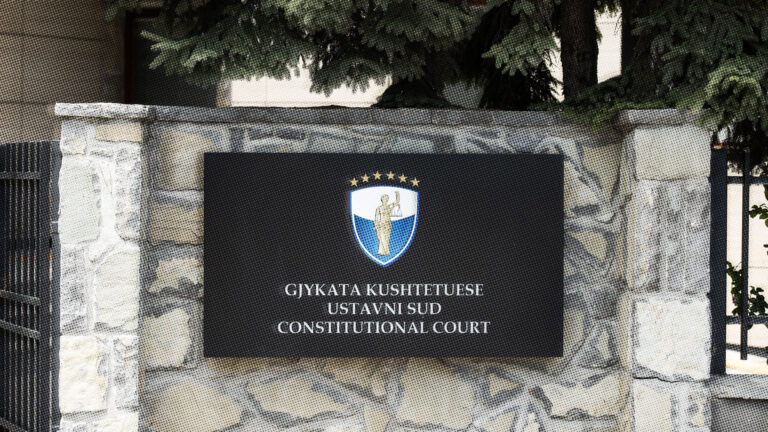
Misinterpreting the Constitutional Court’s ruling
The Constitutional Court’s rulings should not be used as a tool for party interests.
The Constitutional Court’s ruling was subject to different interpretations, particularly by political parties — a recurring and problematic practice in Kosovo.
Konjufca’s statement is more than just ordinary political commentary. It represents a dangerous interpretation of how politics can deliberately distort the meaning and authority of constitutional jurisprudence.

Naim Jakaj
Naim Jakaj studied sociology and law. He has worked at the Assembly of Kosovo, as an assistant, coordinator and as an advisor in the fields of parliamentary procedure, social issues and justice. He is a researcher at the Kosovo Institute for Justice within the Good Governance Program.
DISCLAIMERThe views of the writer do not necessarily reflect the views of Kosovo 2.0.
This story was originally written in Albanian.